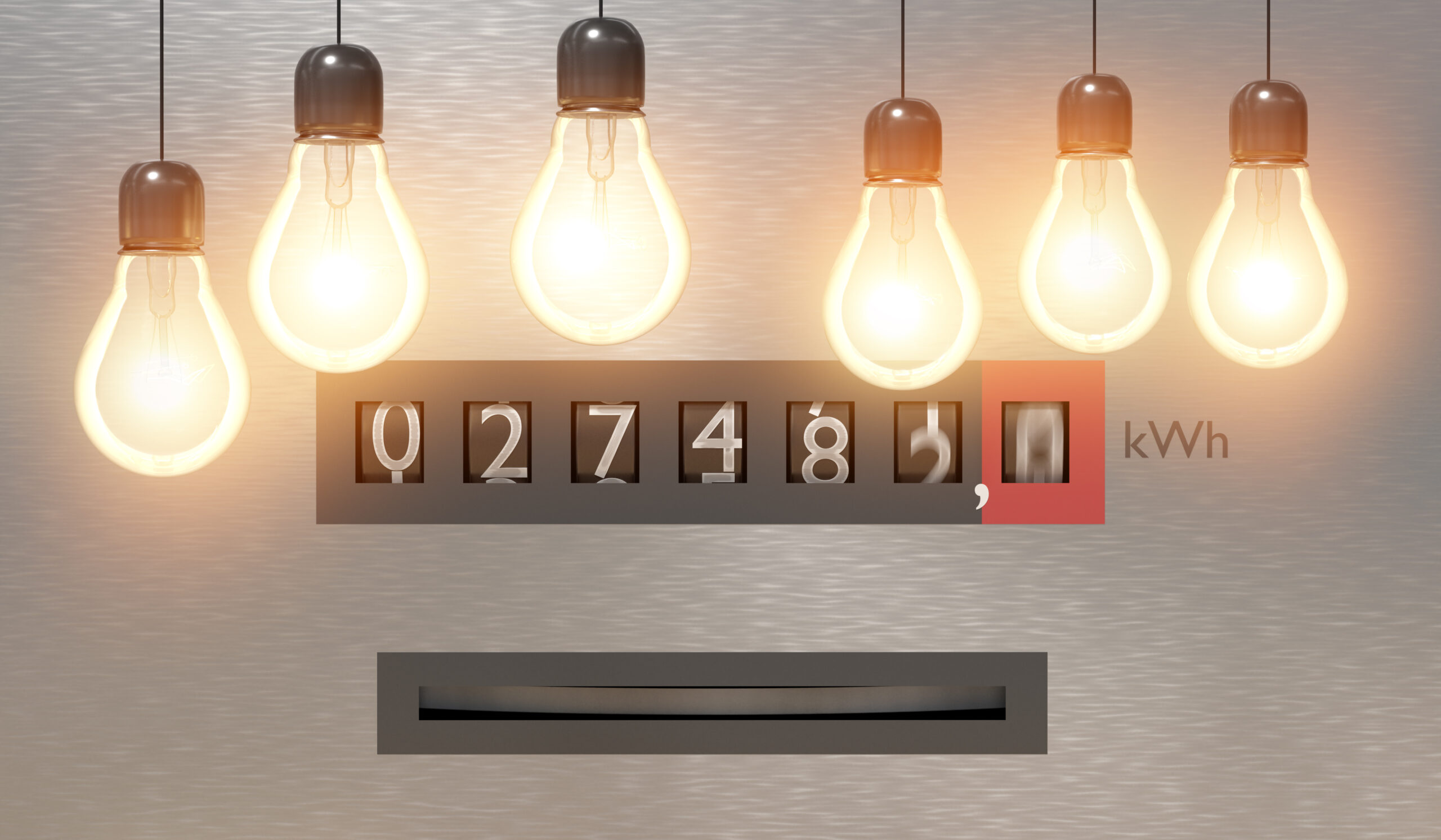In this article, we’ll guide you through the different ways price increases could be affecting you and explore things you can do to save money. Let’s get started!
The Current Economic Landscape and Rising Prices
The Australian economy has experienced significant changes recently, affecting the cost of living for homeowners. The Reserve Bank of Australia (RBA) has implemented 10 consecutive interest rate hikes between April 2022 and March 2023 to try to manage inflation and stabilise the economy. However, the result is increased costs in almost every area of day-to-day life meaning individuals are experiencing a strain on their budgets as prices rise faster than wages.
Understanding the current state of the economy and the factors leading to price increases is crucial for making informed about your finances.
How price increases are affecting thousands of Australians
These are some of the major areas in which Australians are being affected by household price increases.
- Energy Costs
The rising energy prices in Australia have been caused by disruptions to the global cost of wholesale energy following the COVID-19 pandemic and the war in Ukraine. To reduce the impact of these price increases, make sure you regularly compare energy providers to find the most affordable options.
- Housing and Rental Prices
Housing and rental costs are on the rise in Australia, particularly in areas that became more popular for work-from-home employees during the pandemic. As workers return to the cities, a new wave of the rental crisis is hitting people looking to live near the CBD.
- Food and Grocery Prices
The cost of food and groceries has been unstable over the past few years, affected by supply chain disruptions, shortages in certain foods after the floods, and panic buying during the pandemic. To manage these expenses, it’s important to adopt smart shopping strategies. Budgeting for groceries, planning meals, and seeking the best deals can help you save on food expenses.
- Transport and Fuel Prices
Global oil markets, still reeling from COVID-19 and the sanctions placed on Russian exports, play a significant role in determining fuel prices in Australia. The cost of petrol has hit record highs, with a knock-on effect on public transport and air travel.
- Education and Healthcare Costs
Price increases in education and healthcare are the result of policy changes and rising operational costs caused by inflation. You might be eligible for government support and grants to help ease the financial burden. You should regularly compare health insurance coverage to avoid unaffordable medical bills if you have an accident or become ill.
The Impact on Household Budgets

The sum total of all these factors (and more), results in unavoidable changes to your household budget.
- Increased Living Expenses
Rising prices have a direct impact on your household budget. As energy costs, housing and rental prices, food and grocery prices, transport and fuel prices, and education and healthcare costs increase, it becomes crucial to allocate more funds to cover these essential expenses. It is important to assess your current budget and make adjustments accordingly to accommodate these rising costs.
- Financial Strain and Budgeting
The increase in living expenses can lead to financial strain for many households. Balancing the budget becomes challenging when prices rise faster than income. To effectively manage this situation, you need to proactively budget with a realistic financial plan.
Start by tracking your expenses and identifying areas where you can cut back or find cost-effective alternatives. Prioritise your spending and allocate resources accordingly to make sure you can pay for your essentials without excessive financial strain.
7 Tips for Managing Increased Expenses

To manage increased expenses, it is important to prioritise your spending and identify areas where you can save money. Adjusting budgets, looking for cheaper alternatives, and making informed choices can help reduce the stress of financial strain.
Here are our 7 top tips to manage rising prices.
Reducing energy consumption is another effective way to save on electricity bills. Invest in energy-efficient appliances that are designed to consume less power while providing the same level of functionality. Additionally, implementing smart home technology can help optimise energy usage and reduce wastage. Smart thermostats, for example, can adjust temperature settings based on occupancy, saving both energy and money.
One way to combat rising energy costs is by exploring renewable energy options. Consider installing solar panels to generate your own electricity and take advantage of available government incentives and programs. Switching to renewable energy sources can provide long-term cost savings from cheap electricity bills while also contributing to a greener environment.
Comparing bills is often overlooked, but it is important to compare your utility providers every 12 months to make sure you are not paying more than you should. Take the time to review and compare electricity and gas, NBN plan, Pay TV, insurance and mortgage. By exploring different providers and plans, you can potentially find better deals and save money. Comparing bills allows you to make informed decisions and ensure you’re getting the best value for your money.

As housing and rental prices continue to rise, it’s important to consider alternative housing options to reduce costs. Co-living spaces or shared rentals can be more affordable than renting a traditional apartment or house. Additionally, researching affordable housing resources and rental assistance programs can provide financial relief for individuals and families struggling with housing expenses.
The Australian government offers various support schemes and grants for homeowners and renters. These programs aim to assist individuals in managing the increasing cost of living. Take the time to research and understand the eligibility criteria and application processes for these schemes. They can provide valuable financial assistance and help to ease the burden of rising expenses.
Food and grocery expenses can significantly impact your monthly budget. To make the most of your money, plan your meals, make shopping lists, and seek the best deals available. Local markets often offer fresh produce at lower prices, and bulk-buying options can help you save money in the long run. By adopting smart shopping habits, you can reduce your grocery expenses without sacrificing quality or nutrition.
Transportation costs, including fuel prices and maintenance, can quickly add up. Opting for public transportation whenever possible can help reduce your commuting expenses. Additionally, consider carpooling with colleagues, friends, or neighbours who have similar travel routes. Sharing the cost of fuel and vehicle maintenance can significantly lighten the financial burden of transportation.
Conclusion
The impact of price increases on the cost of living in Australia cannot be ignored. Rising energy costs, housing and rental prices, food and grocery expenses, transportation, and education and healthcare costs all put a strain on household budgets. However, by proactively managing finances, exploring cost-saving opportunities, and making informed choices, you can ease the financial pressure on your budget.
One effective way to manage your expenses is by comparing energy providers to find cheap energy options. Energy compare websites allow you to easily compare rates and cheap electricity plans to ensure you’re getting the best deal for your energy needs. Additionally, consider exploring NBN plans that offer affordable and reliable internet services to meet your connectivity requirements.
To start saving money today, contact CheapBills on 1300 786 045 to compare energy bills, NBN plans, Pay TV, finance and insurance from our panel of Australia’s leading providers.









